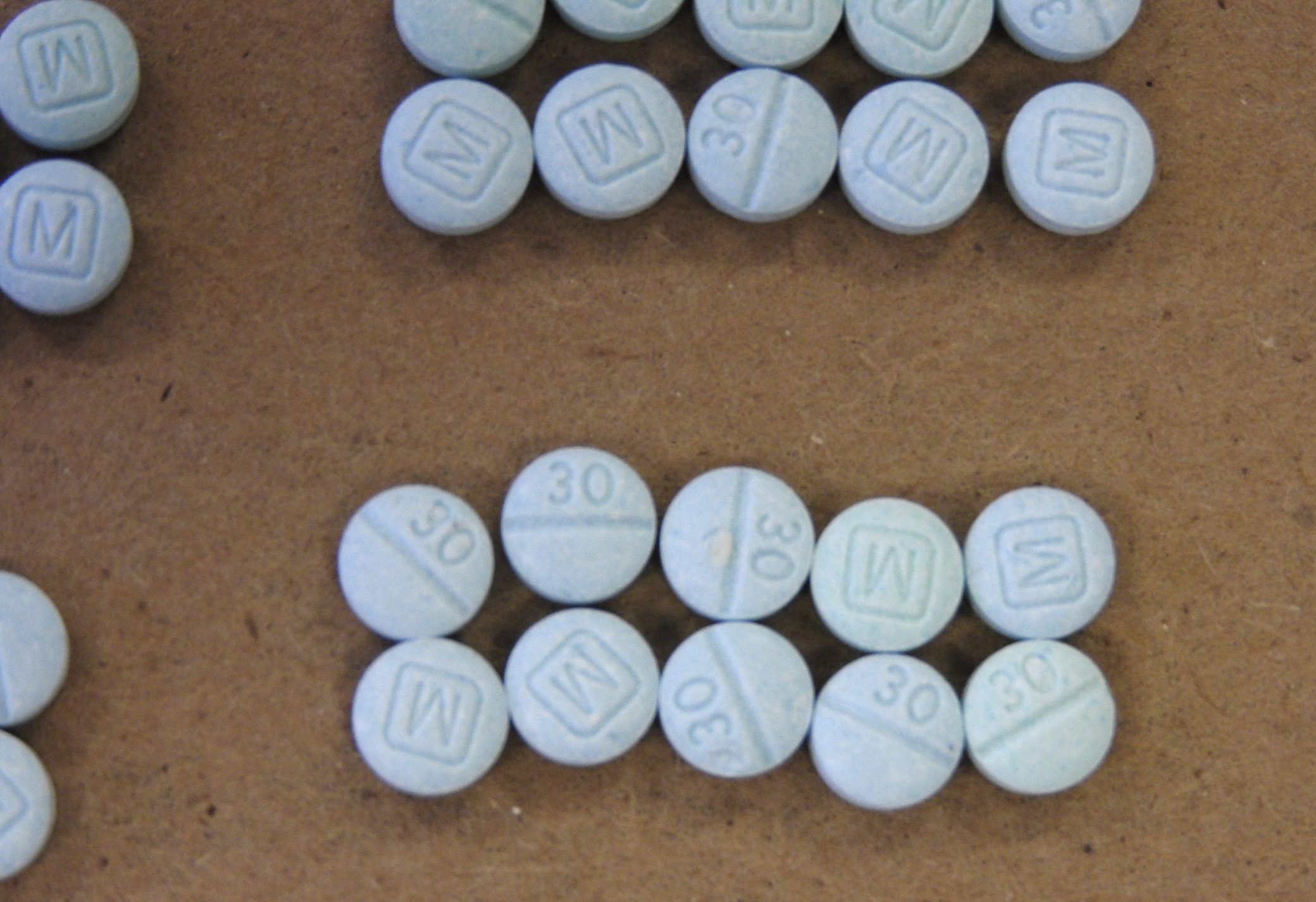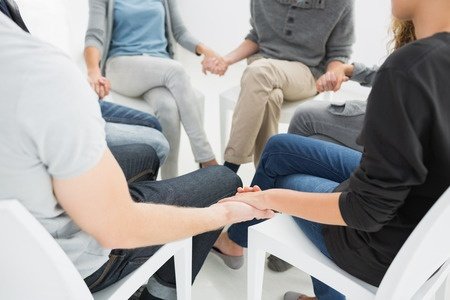(Guest Post from Nicky Sarandrea)
A traumatic event is one of the biggest catalysts for a relapse. A death, accident, breakup—these events can send a recovering addict into a whirlwind of anxiety, depression and anger, leading them to relapse and undoing all that hard work.
Recovery takes time and life never runs smoothly, so these events will happen. But there are ways to deal with them and make it through without relapsing.
7. Talk it Through
The first step for handling any traumatic event is to fully understand what has happened and talk it through with those involved. Don’t keep it to yourself, don’t bottle it up—it always feels better to talk with other people involved and to know that you’re not in it alone.
6. Take Solace in Loved Ones
Your substance of choice can’t comfort you anymore, but your loved ones can. Your friends and family are there to help you, to protect you, and to guide you. It doesn’t matter if they have been directly affected by the event or not, they’ll understand what you are going through and can help you through it.
5. Get Away from It All
Drugs and alcohol are an escape, a way to get away from it all. But you don’t need drugs to do that. Rather than getting away from it in your mind, do it for real. Book a short holiday, shack-up with friends and family who live far away—just escape the chaos. Even if the traumatic event is nothing to do with where you live, it can still help to change your surroundings and do something new.
More importantly, if your addiction was to illegal drugs, going somewhere new and far away can make it difficult to acquire these drugs, which prevents you from getting hold of them when you are at your weakest.
4. Get Professional Help
There’s a limit to how much your friends and family can help you. They can provide a shoulder to cry on and some support when needed, but for some actual insight, help and guidance, you need a professional.
If you’re feeling overwhelmed, then consult a medical professional, whether it’s a doctor, psychologist or psychiatrist. If you’ve been through rehab and have a sponsor, they can also help.
Successful recovery is built on a system of support, one that includes loved ones, doctors, psychologists and rehab specialists, all offering their input and all approaching it from a different perspective, from the ones who know you well, to the ones who know your addiction and those who understand trauma.
A support system like this can prevent relapse and ensure you’re ready for anything.
3. Meditate
Post-traumatic stress sufferers find solace in meditation. It helps them to relax, to think, and to come to terms with what happened to them. If they feel an attack coming on, they can simply meditate on it until it goes away.
You can practice similar techniques if you are recovering from an addiction. Whenever you feel cravings coming on, meditate upon them and try to understand why they are there. Not only can this introspection help you to come to terms with your addiction, but the slow breathing and stillness will relax you, calming your anxieties, slowing your heart rate and potentially eradicating those cravings.
2. Find Another Outlet
Addicts deal with trauma by using their substance of choice. It’s something that’s always there, something that helps them and makes them feel better when everything is going wrong. During recovery, that’s taken away and it creates a vacuum, one that the recovering addict is desperate to fill.
It’s important to find a replacement for this. Something that you can do when you’re angry or stressed. Something that makes you feel better, but something that won’t harm you or lead to a relapse. The most obvious solution is exercise, specifically something like boxing, where you feel like you can force that anger and anxiety out of you. Exercise releases endorphins, which works in the same way as drugs, and it also keeps you occupied.
It doesn’t have to be exercise though—crafting, building, doing a puzzle, or any other hobby can also provide the same benefits.
1. Use Medication or Supplements (under a professional’s guidance)
You should never look to replace one drug for another. This is a tactic that all addicts and recovering addicts contemplate, because they see it as an easy way out. But it simply swaps one addiction for another and in some cases it can be a more damaging one.
However, if you find yourself deep in the depths of despair and believe that you’re on the brink of relapsing, you should consult with a physician and see if there is a short-term option. This can come in the form of relaxing supplements like Valerian, or short-term prescriptions for benzodiazepines or anti-depressants.
Of course, these should only be taken under the guidance of a doctor, only as a last resort and only if those drugs were not the ones you were addicted to. In fact, many recovering alcoholics are prescribed benzodiazepines to counteract the effects of withdrawal.
——
Nicky Sarandrea writes about addiction, recovery and health. He is an advocate of the Three Months Sober program, and has written extensively for some of the biggest rehab clinics in the United States.




